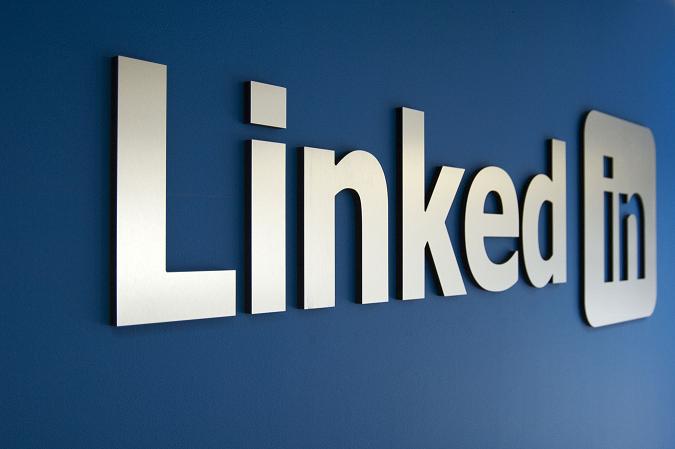A recent update to Linked-In’s policies added the clause to the things not to do as “Even if it is legal where you are located, create profiles or provide content that promotes escort services or prostitution.” Hani Durzy, director of Linked-In’s corporate communications, claims that this story isn’t newsworthy. Durzy says is simply a clarification that to members that just because a profession is legal, it doesn’t mean that it has to be accepted on their site. Linked-In wants to keep a certain image that prostitution simply doesn’t support.
However, there are numerous profiles active that display suggestive keywords like “sensual massage” and “independent entertainment professionals”. Some are even more blatant by claiming that they are “professional courtesans” and “working girls”, and even have links to their “sex menus” off-site. Brothel owns and call-girls alike claim that they need site like Linked-In to advertise their business. Just because it’s legal in states like Nevada, it isn’t legal to advertise it.
Linked-In hasn’t stated what they are going to do to enfore their policies. They are very aware of the suspicious activity that is going on in their social platform. Executives understand that they get billions of page views every quarter and boast 225 million members. Will they exact a big purge on the thousands of profiles in violation, or will they take a gentler approach and request the users to change their information? Profiles have already deleted but Linked-In has declined to comment on them. It seems as if using Linked-In as a vehicle for prostitution is coming to an end.

